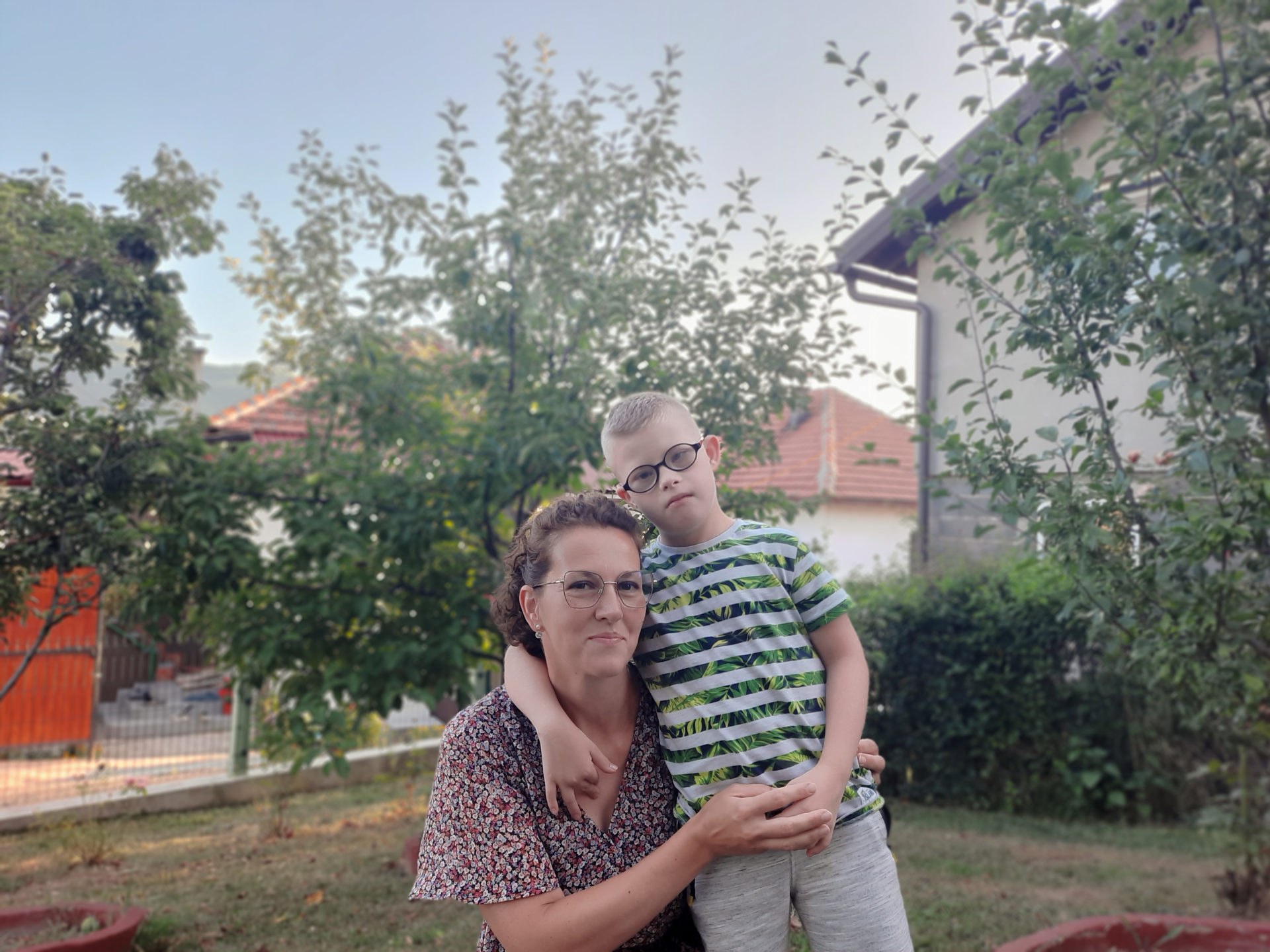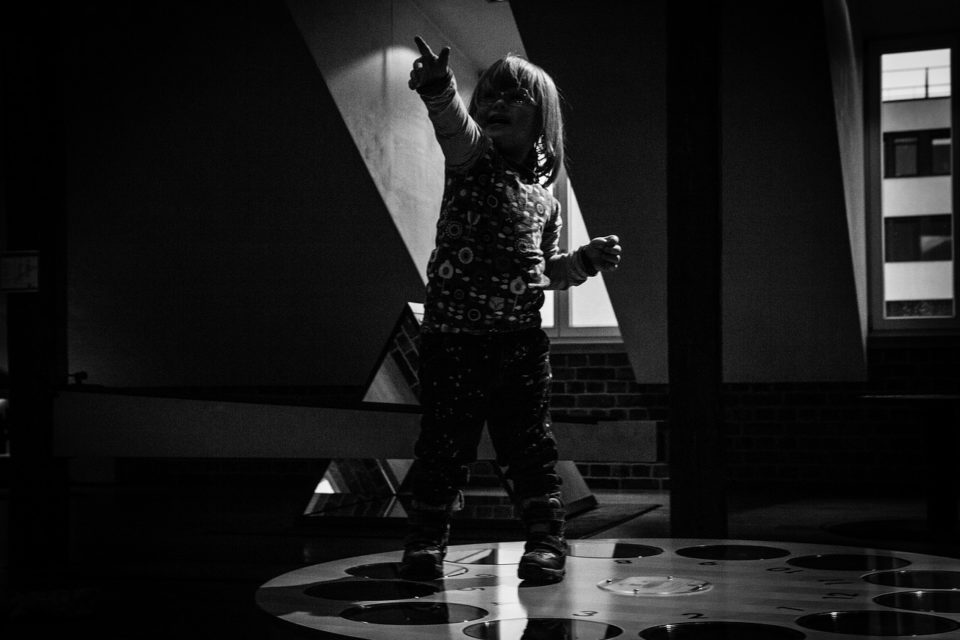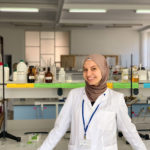
Amra Hrustić-Šabanović, a math teacher in a Sarajevo school, together with her son Husejn, breaks down prejudices about people with Down syndrome on a daily basis, with the message that with a little more empathy and understanding, the world can be a much nicer place. On their Instagram profile down_i_mi, you can find the unconditional support that Husejn and his mom share with the public every day.
Down syndrome affects all demographics and can occur in any family, regardless of the parents’ health or lifestyle. A better understanding of Down Syndrome is crucial to make life easier for those with the condition and their families, contributing to improved development and thus, a more enjoyable life.
Hrustić-Šabanović lived with her husband and Husejn in Visoko, where their son was born and took his first steps. Her pregnancy had proceeded smoothly at first, with almost no abnormalities discernable on regular ultrasounds. However, in the fifth month, after a special examination to which she had been referred, she was informed that there was a high likelihood that the baby had Down Syndrome and that it wasn’t too late for an abortion.
“The most difficult moment for me was when the doctor mentioned the possibility of abortion,” said Hrustić-Šabanović, stressing that for them, abortion was never even an option. She emphasizes the support of her husband throughout her pregnancy and into the present day, where he plays a significant role in their daily lives.
“Without him, nothing would be like this,” adds Husejn’s mother, explaining that her husband is involved in every aspect of their lives, providing steadfast support and the sense that she is not alone.
Hrustić-Šabanović knew little about Down Syndrome, not wanting to research the condition until after her son was born. Thus, after the birth, everything was unknown to her. Upon leaving the hospital without her baby, she realized the gravity of the entire situation. Although she was trying to be strong, think positively, and not cry, the reality looked different.
When she left the ward, she encountered a crowd of smiling, happy faces of mothers holding their babies. “Why did they have to discharge me at the same time as the other mothers, and how must those feel who have lost their children? Why doesn’t anyone think about that, and where have empathy and compassion gone?” wondered Hrustić Šabanović.
She was aware of her responsibility to shatter prejudices about children with difficulties. Husejn is a boy who can do everything other children can do, but with a little more effort and support than other children. She noted the importance of the immense commitment to her child and shared wonderful the experiences of Husejn’s peers, their parents, and teachers who, in addition to tremendous patience, have only words of support.

Husejn currently attends elementary school in Sarajevo, where he met his best friends.
The Covid-19 era was crucial for starting the Instagram profile. Spending most of their time at home, Husejn’s mother wanted to provide him with various games, which they created together. She would compile them into a video and send different versions to her sister, who suggested starting the profile, thinking it would benefit others in similar situations.
Motivational messages and expressions of gratitude were pouring in, and she realized that it was not in vain. The profile is active, and she strives to release content every day that is both entertaining and productive.
She emphasized that desire is the greatest weapon we can possess and urged against societal limitations. “Surround yourself with supportive people and be a supporting hand yourself. Let’s spread their wings and show that they can fly. Children are ready for anything if they know you believe in them.”






